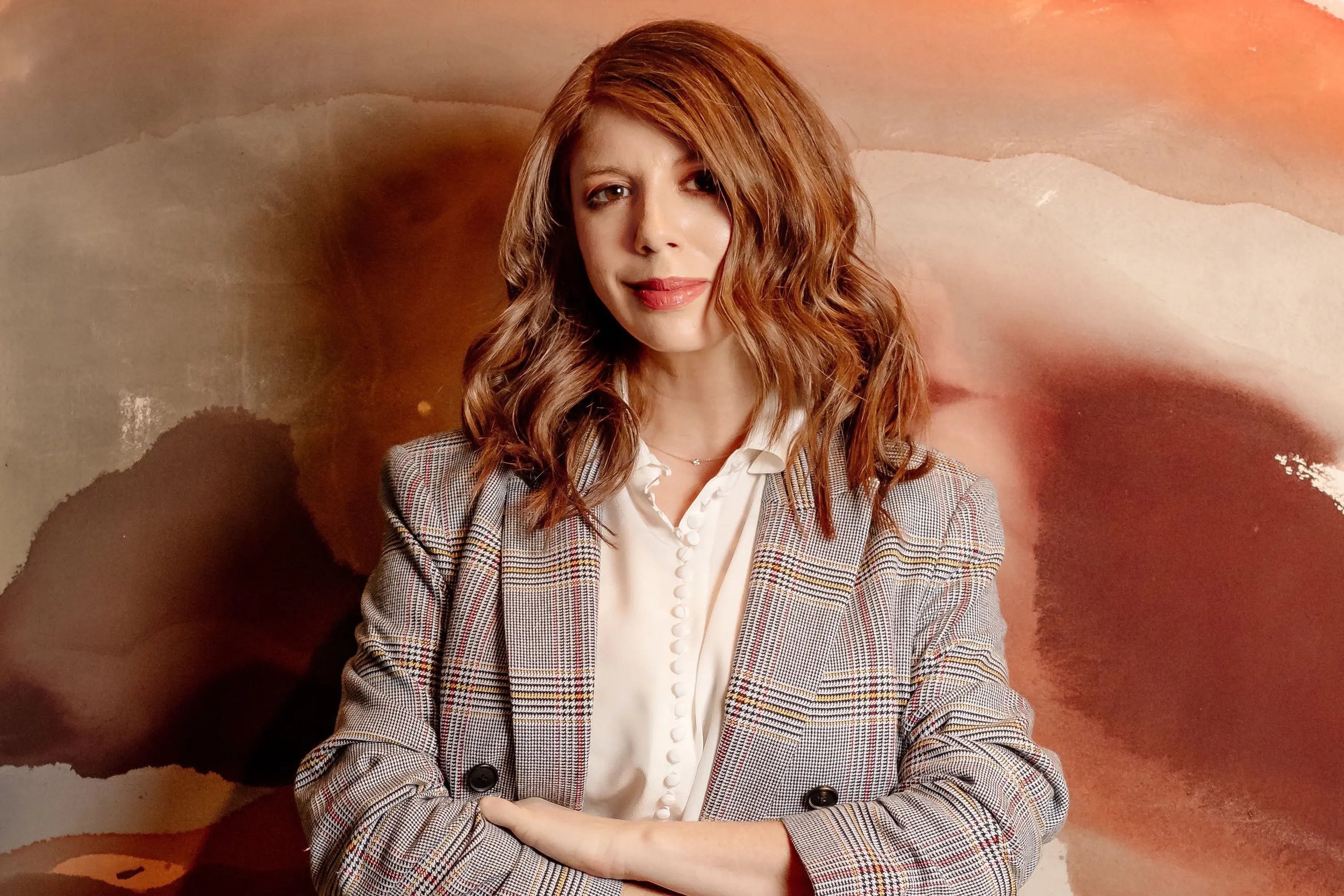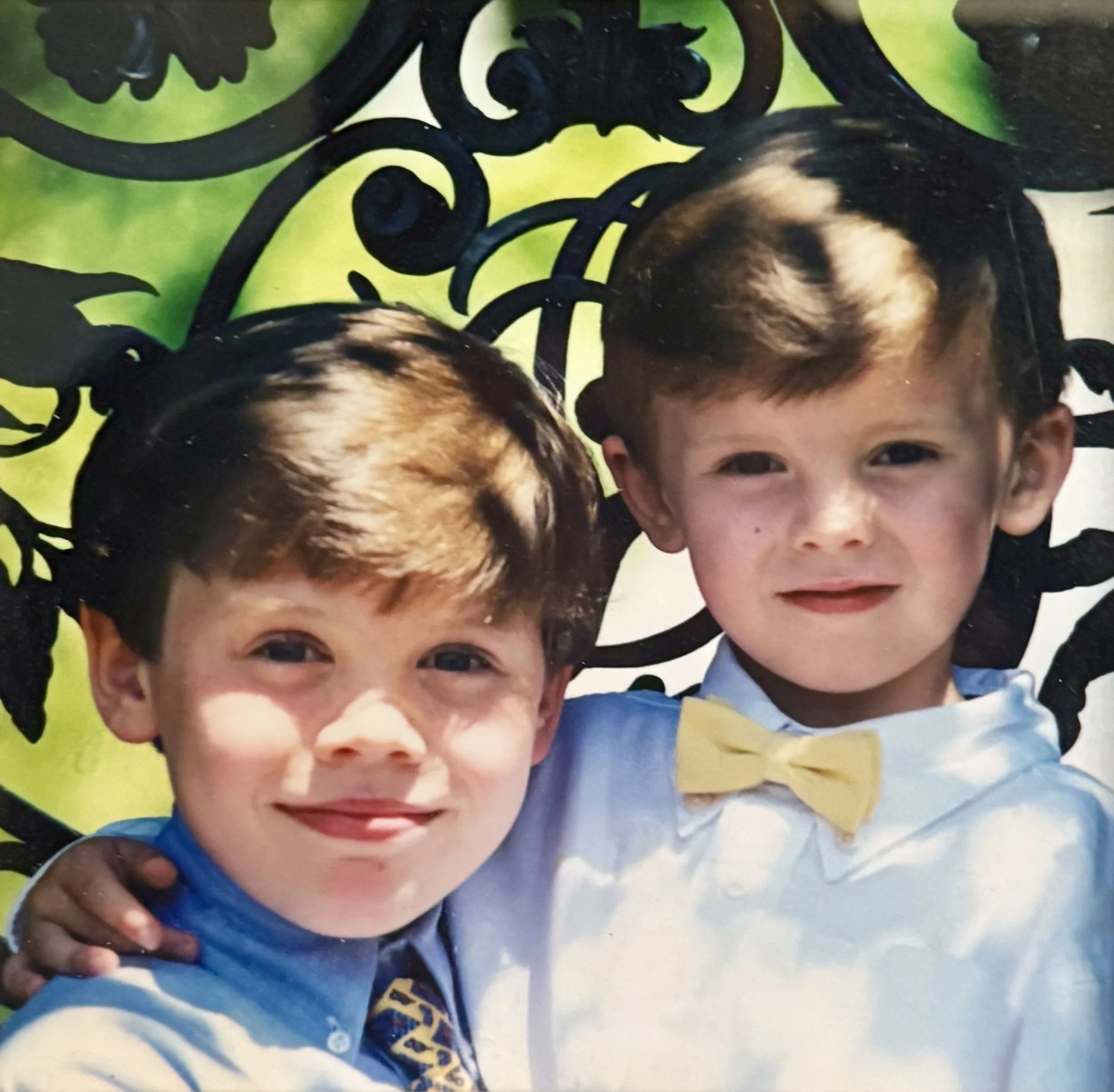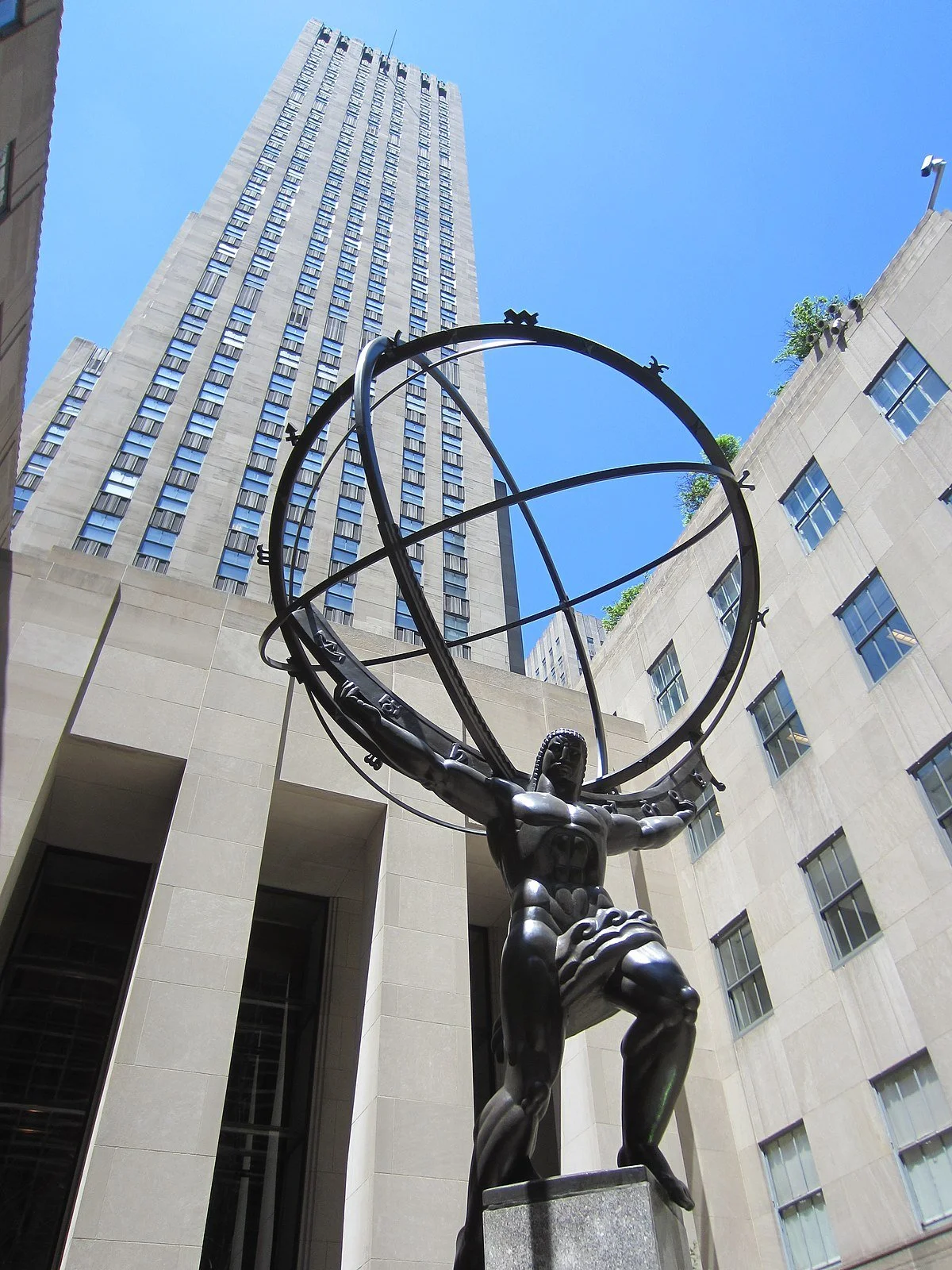"People are our Power" | A Conversation with Lindsay Kaplan, Co-Founder of Chief.com
Design is people. —Jane Jacobs
Writing publicly leads to remarkable, extraordinary serendipity.
For yet another example, forge ahead, dear reader.
This very publication, White Noise, led me to reconnect with my good friend Wesley Braden—a loyal White Noise reader and contributor, no less!.
As he so often does, Wesley brought to my attention a fascinating, under-the-radar startup called Clay. Modeled after David Rockefeller’s legendary rolodex, Clay aims to imbue thoughtfulness, serendipity, and connection into modern relationships so often bereft of them. Put simply, it helps people be more present to those that make their lives worth living.
In the team’s words:
People are at the heart of what we do.
People make us laugh, challenge us to improve, support us when things are tough, and celebrate with us once they get better. But being more generous, more responsive, more conscientious, more considerate with those people? That takes effort.
Almost all successful people naturally identify the importance of conscientiousness, spending time and money to remember the most important parts of their careers and lives—other people. Personally, we grew tired of endlessly switching apps, of the slapdash nature of maintaining close personal and professional contacts in notes apps and Excel files, DMs and texts. We wanted a more streamlined and thoughtful approach for keeping in touch with our ever-growing network. And after searching and searching for something better, we built it ourselves.
We ascribe to the idea that being thoughtful and helpful with people is still too difficult. It’s something we all know intuitively. To achieve more, to be more successful, to be happier, we need to start thinking about others first.
If you agree, you're going to love Clay.
Clay’s elegant app marks the team’s attempt to transform Rockefeller’s effective analog solution into a one more suited for our information age.
The team places people before product. That is, its product exists to serve the people that make use of it instead of harvesting their attention and data à la TikTok, Snapchat, et al.
Clay serves as a sort of way station—a means to an end, instead of an end in and of itself. Ironically, the less time spent engaging with the app, the more effective it seems to be.
Therein lies its tremendous promise in a world tethered by silicon shackles.
Over time, Wesley connected me with the founding team, we got along famously, and began to collaborate. The rest, as they say, is history.
Without further ado, the first in a series of intimate conversations that I have chronicled for Clay. This initial piece features Lindsay Kaplan, Co-Founder of Chief, the only private membership network focused on connecting and supporting women executive leaders.
Amongst many other topics, we discuss how she maintains empathy, connection, and compassion in an increasingly entropic, isolated world.
I strongly recommend reading the interview in full. However, if you don’t click the above image, below are some favorite excerpts:
On Failure: I think seeing failure is really important. It’s important to learn the lesson of what didn't work, sometimes more so than learning the lesson of what did work.
On Networking: Replace the word networking with relationships. Networking feels transactional; nobody wants to be networked. Your job in your 20s is to forge relationships and relationships cannot be transactional.
On Staying in Touch: Maybe you know somebody who knows somebody that will change your life. I think the wider the net you have of people is one thing but the other is to learn how to softly stay in touch and how to do so in a way that feels real.
On Entrepreneurship: [W]hen a lot of people think about entrepreneurship they think about big fancy businesses. But my parents raised me in a small town in upstate New York. They raised me with really good values and an appreciation for working in order to support your family and create a meaningful life...Success is really about being happy. I didn't grow up equating large buckets of money with happiness. So I was raised in a household that really valued the spirit of entrepreneurship, but without the hustle culture.








